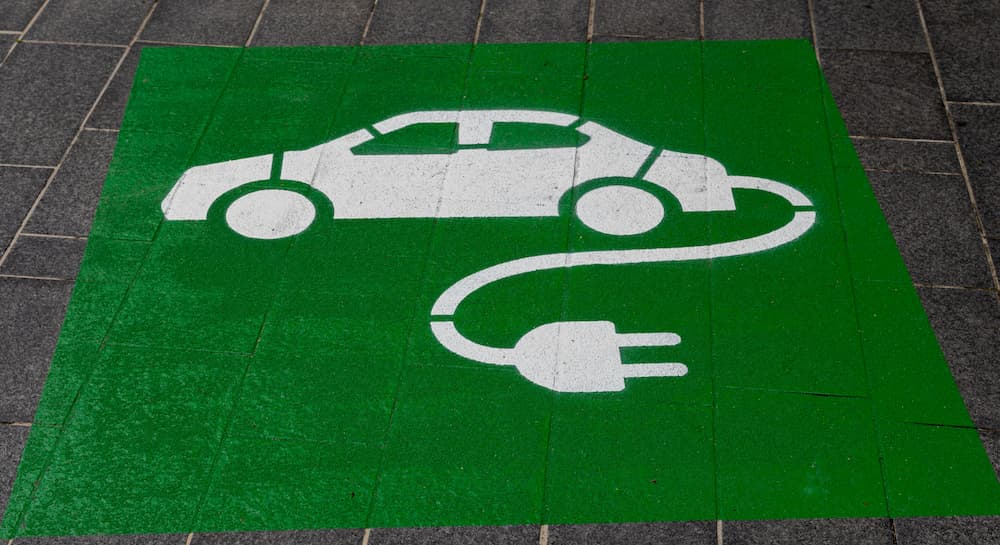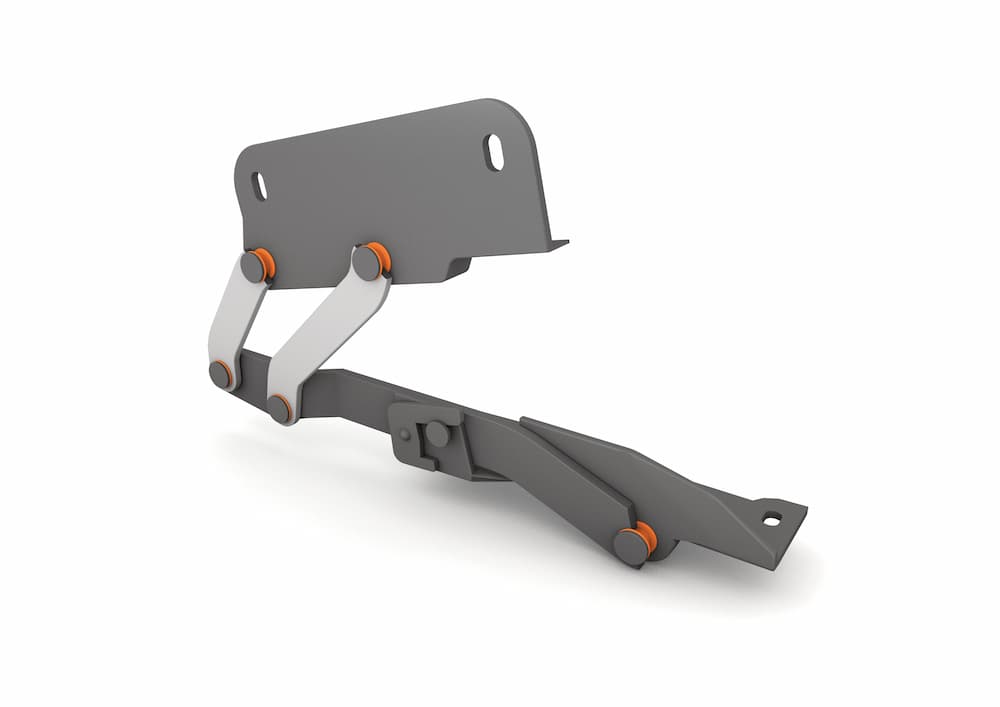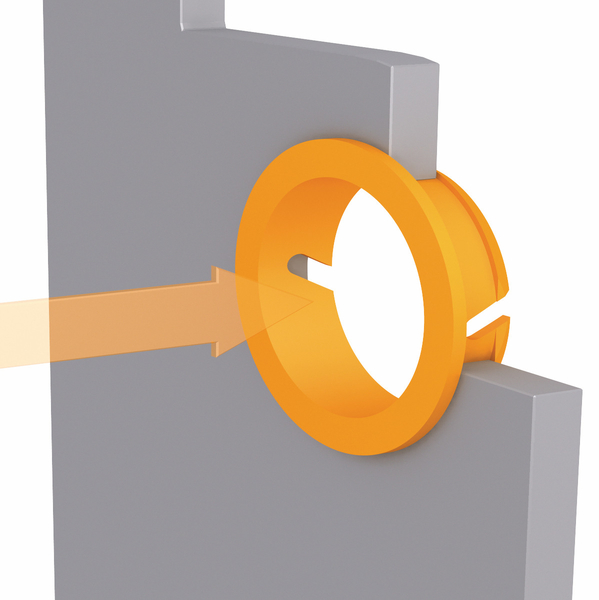When will all cars be electric in the UK?
The electric car era is approaching fast and for many of us, we are yet to get involved. However, in many cases the need for electric cars far outweighs any negative issues that seem to be circulating. But many people are asking, when will all cars be electric in the UK?
So, when will all cars be electric?
The aim is 2035. This is a tall ask but according to the government, new vehicles powered by petrol and diesel will cease to be sold as of 2030. With this in mind, they are expecting people who do decide to purchase a petrol or diesel car in 2029 to change their cars after 6 years? How cost-effective and carbon neutral is that? We also have the issue of hybrid cars. The sale of these will be banned from 2035, so again, the date of 2035 is becoming more and more of a stretch.

So, how close is this to becoming a reality and how will it be possible to implement?
It’s all to do with the design
There are multiple factors to consider when manufacturing electric cars; cost, weight, durability, to name a few and with the ever-increasing cost of oil, designers of electric cars are searching for alternatives. Alternatives such as polymer products from igus®. The plastic components are now being designed into electric cars to reduce weight, save costs and to be part of the sustainable economy. The future is electric cars. Predominantly, when we think about advancements in electric cars we are thinking of the battery. The development and improvements with batteries is only half the story. The other half surrounds the demanding and essential need for change. Change in perception, change in materials, change in technology.
These changes are crucial for the world’s economy, and with the automotive industry being so dominant, it is this industry that is leading the way with pioneering changes. But with such a demanding industry, ensuring that changes are constantly developed and implemented is not an easy task and falling behind in terms of design is not an option.
Check out this blog to see more ways of reducing cost, noise and weight within the automotive industry: https://blog.igus.co.uk/how-to-reduce-cost-noise-and-weight-within-automotive-interiors/
Polymer instead of metal helping all cars in the UK become electric
Weight reduction is a key element in the car manufacturing process and many manufactures are trying to reduce the overall weight of the vehicle to make it even more sustainable. Using products such as igus® igubal® rod ends, not only does the weight remain low, but the parts also require no lubrication, are hard wearing and cost-effective. Other areas of the vehicles where igus® products can be used:

- Steering- other igubal® spherical bearings
- In the gearbox- high temperature iglidur® X
- In the pedals- plain bearings made of various polymers
- In the suspension- plain bearings and igubal® spherical bearings
Lightweight can equate to efficiency
A misconception is something that is lightweight is not capable of withstanding the demanding environment of the automotive industry. Our igus® products are lightweight, in fact 7 times lighter than the equivalent metal component, however, they are also reliable and resistant to wear, making them ideal for electric cars. They can withstand high loads and high impact forces, can reduce vibration and are shock-resistant. Another advantage is that they are weather-resistant so will not erode with the elements. All of these attributes aid the growing electric car market, a market which the UK is proud to be a part of.
So, when will all cars be electric in the UK? This is a work in progress and a large task, so watch this space but it is coming.



